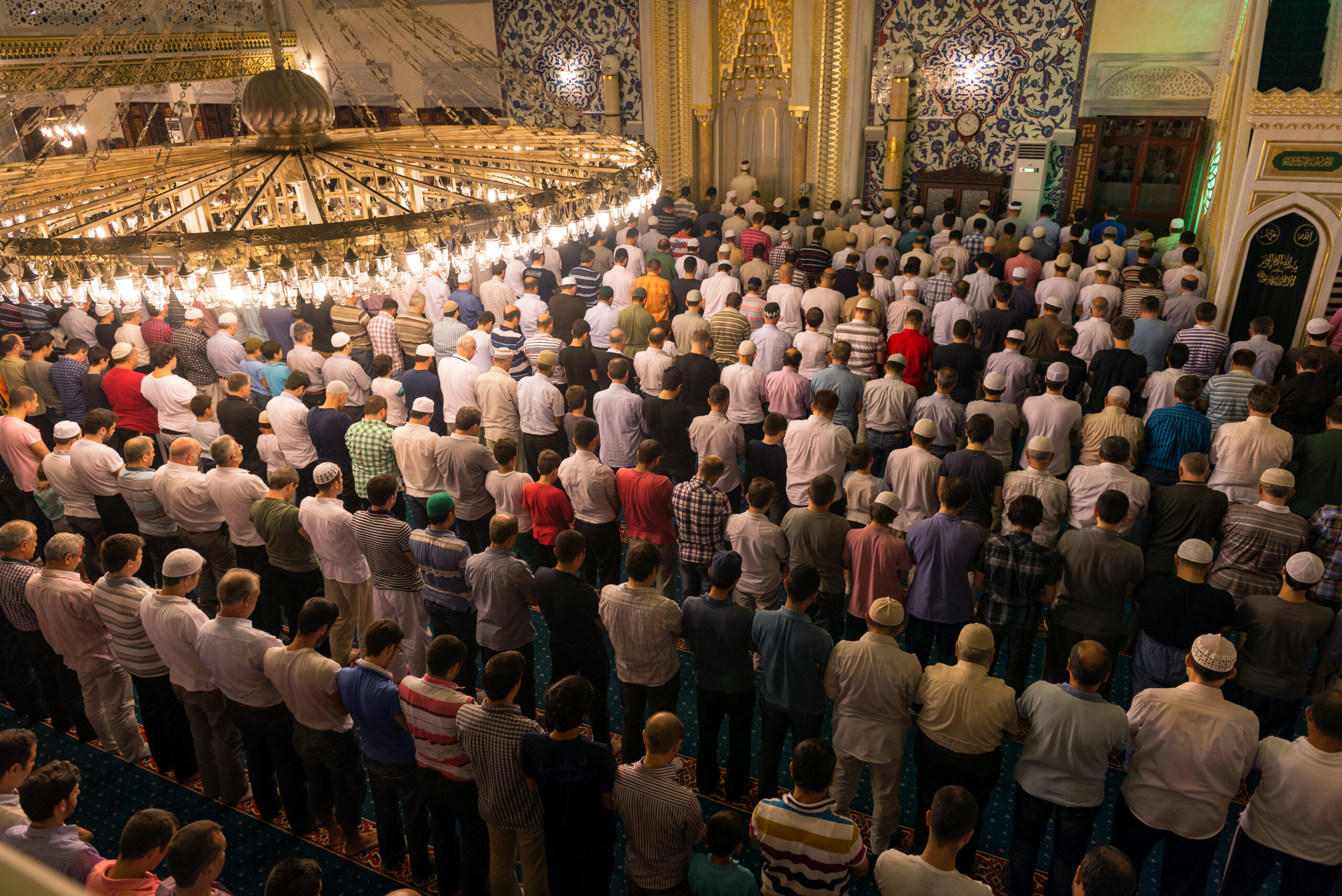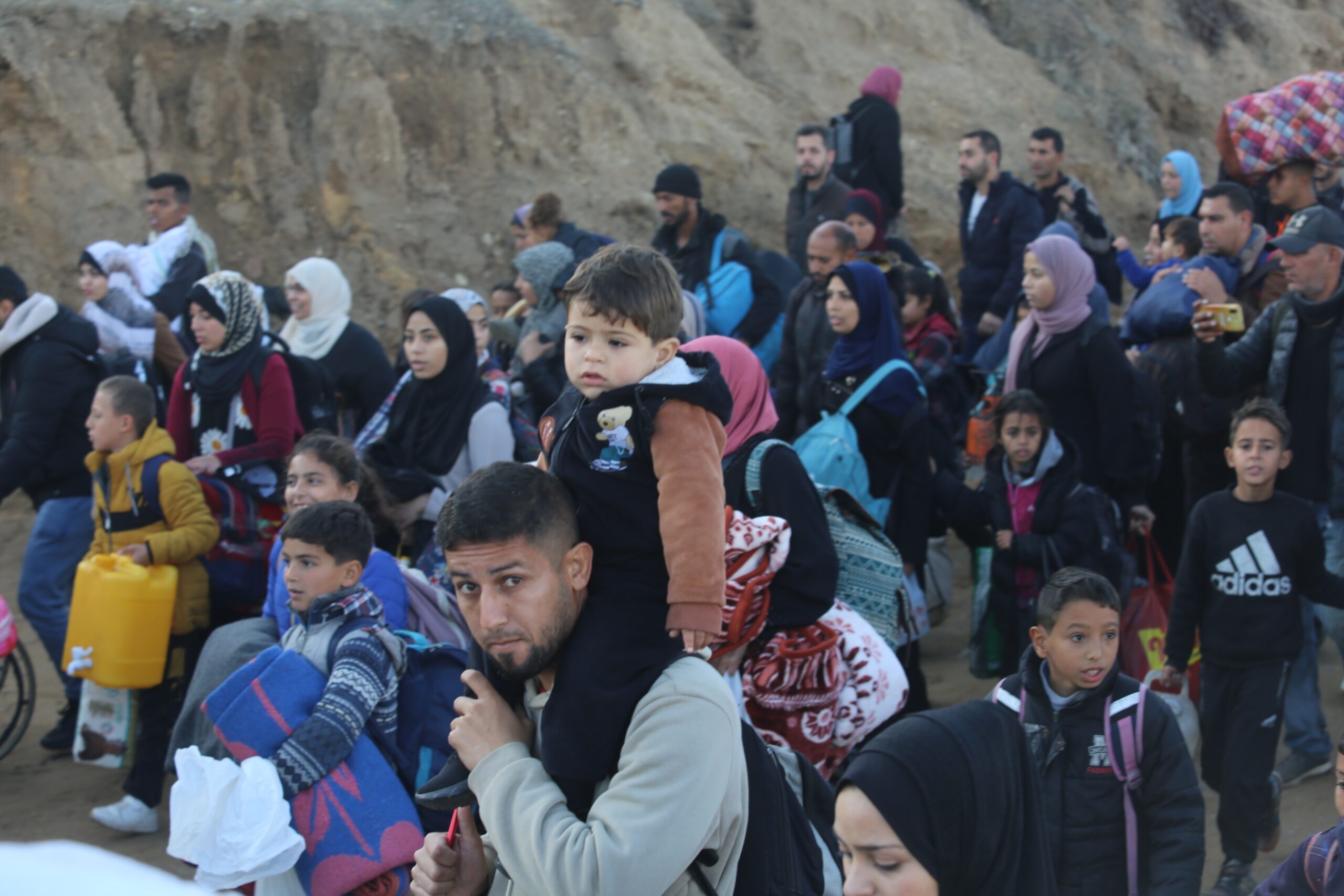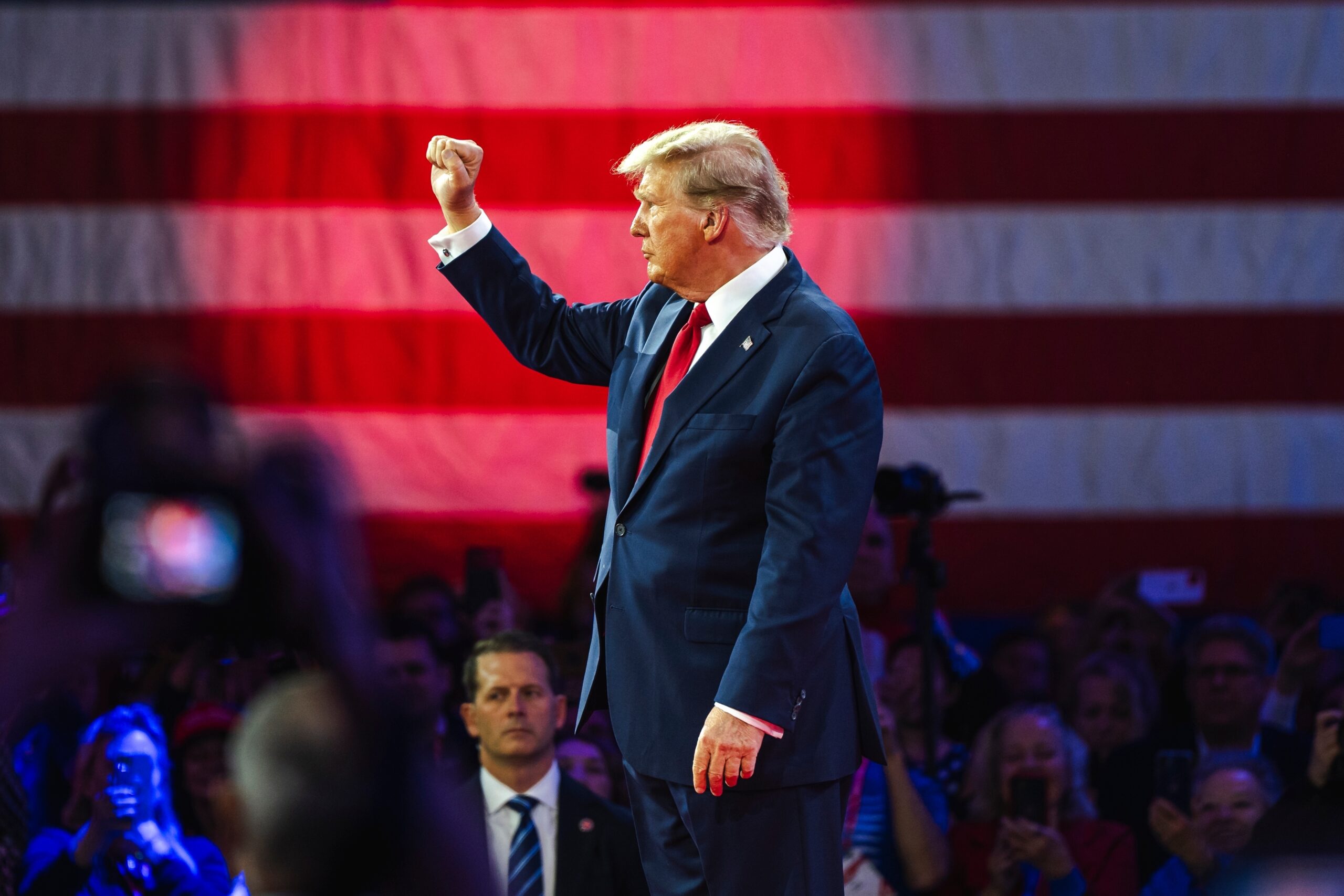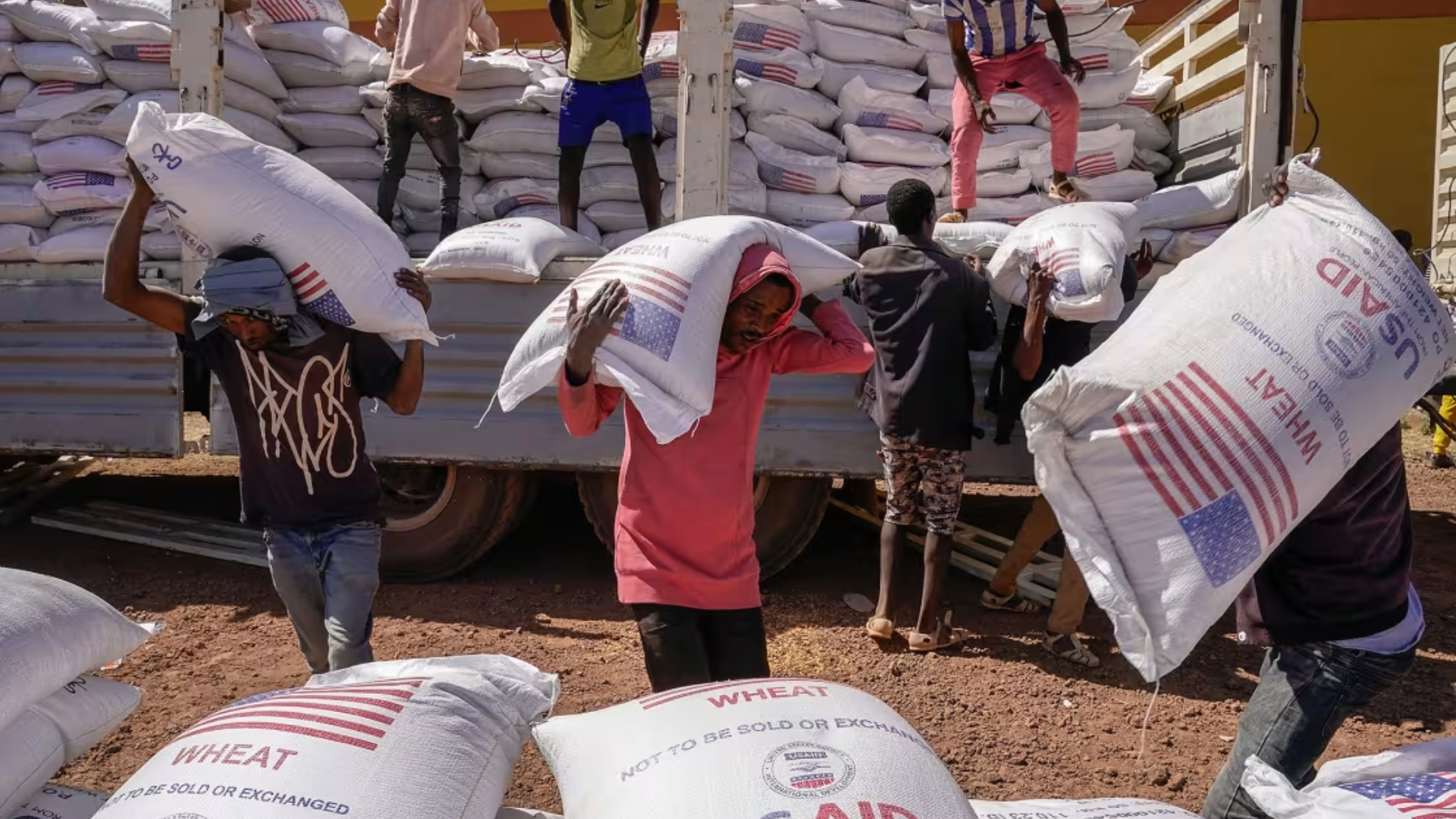Ramadan Giving: The £1 Billion Opportunity for Impact in the UK
February 10, 2025

Ramadan is a time of spiritual reflection, self-discipline, and heightened devotion for Muslims worldwide. It is also a month of immense generosity, with Muslims in the UK estimated to donate over £1 billion to charitable causes during this period. This staggering figure represents not just a financial resource but a profound opportunity to create transformative change in communities both in the UK and abroad. However, with this opportunity comes a great responsibility—an Amanah (trust)—on Muslim charities and philanthropic organisations to ensure these donations are used effectively and ethically to address pressing social issues.
The Power of £1 Billion: Problems and Solutions
The £1 billion donated during Ramadan has the potential to tackle some of the most pressing challenges faced by vulnerable communities. Below are specific examples of problems and the solutions that can be realised through strategic and impactful giving:
1. Poverty and Hunger in the UK
- Problem: Food poverty is a growing issue in the UK, with millions relying on food banks to feed their families. The cost-of-living crisis has exacerbated this problem, leaving many households struggling to afford basic necessities.
- Solution: Ramadan donations can fund food banks, community kitchens, and meal delivery services for the elderly and vulnerable. For example, charities like Islamic Relief UK and National Zakat Foundation already run food distribution programs. Scaling these initiatives could ensure no one goes hungry.
2. Homelessness and Housing Insecurity
- Problem: Homelessness is a critical issue in the UK, with thousands sleeping rough or living in temporary accommodation. Many more are at risk of eviction due to rising rents and economic instability.
- Solution: Donations can support shelters, housing advocacy programs, and initiatives that provide long-term housing solutions. Organisations like Human Appeal and Muslim Hands could collaborate to build affordable housing or provide rent assistance to prevent homelessness.
3. Education and Youth Empowerment
- Problem: Educational inequality persists in the UK, with children from low-income families facing barriers to academic success. Many lack access to tutoring, mentorship, or extracurricular activities.
- Solution: Ramadan funds can be used to establish scholarship programs, after-school clubs, and mentorship schemes. For instance, charities could partner with schools in disadvantaged areas to provide resources and support for students.
4. Global Humanitarian Crises
- Problem: Millions of people around the world are affected by conflict, natural disasters, and extreme poverty. In countries like Yemen, Syria, and Afghanistan, access to clean water, healthcare, and education remains a dire need.
- Solution: Donations can fund life-saving interventions such as emergency relief, healthcare clinics, and sustainable development projects. For example, Penny Appeal’s “Thirst for Water” campaign has provided clean water to thousands, demonstrating the impact of targeted giving.
The Responsibility of Muslim Charities: An Amanah
The £1 billion donated during Ramadan is not just a financial resource; it is a sacred trust (Amanah) placed in the hands of Muslim charities and philanthropic organisations. Donors give with the intention of pleasing Allah and helping those in need, and it is the duty of these organisations to ensure that every pound is used effectively and transparently.
To uphold this trust, Muslim charities must:
- Prioritise Impact: Focus on projects that deliver measurable and sustainable outcomes, rather than short-term fixes.
- Ensure Transparency: Provide clear reporting on how funds are used, including detailed breakdowns of expenditures and impact assessments.
- Adopt Best Practices: Invest in professional development, governance, and accountability mechanisms to improve organisational efficiency and credibility.
Collaboration: The Key to Greater Impact
One of the most effective ways to maximise the impact of Ramadan giving is through collaboration. Muslim charities and aid organisations often work in silos, duplicating efforts and competing for resources. By coming together, they can pool resources, share expertise, and improve efficiencies, ultimately delivering better outcomes for those in need.
For example:
- Joint Fundraising Campaigns: Charities could collaborate on large-scale campaigns, reducing administrative costs and increasing the reach of their messaging.
- Shared Resources: Organisations could share logistics, warehouses, or distribution networks to reduce overheads and streamline operations.
- Collective Advocacy: By uniting their voices, Muslim charities can advocate more effectively for policy changes that address the root causes of poverty and inequality.
A Call to Action
This is a unique opportunity to harness the power of collective giving and create lasting change. The £1 billion donated by British Muslims has the potential to transform lives, alleviate suffering, and build stronger communities. However, this potential can only be realised if Muslim charities and philanthropic organisations rise to the occasion, fulfilling their Amanah with integrity, transparency, and a commitment to impact.
By working together, sharing resources, and prioritising sustainable solutions, the Muslim charity sector can ensure that Ramadan giving becomes a beacon of hope for those in need—both in the UK and around the world. Let us seize this opportunity to make a difference, not just during Ramadan, but throughout the year. After all, the true spirit of Ramadan lies in compassion, generosity, and the relentless pursuit of justice and equity for all.
To further this mission, we invite you to join the Global Donors Forum (GDF) in Istanbul on the 14th-16th April 2025, a unique platform bringing together high-level senior leadership from Muslim charities and philanthropy organisations. The GDF will host vital conversations, fostering discussions that lead to practical solutions, enhanced networking, and strengthened collaboration. By participating, donors and organisations can explore innovative strategies to maximise their impact and address pressing global and local challenges more effectively.
Join us in shaping the future of Muslim philanthropy. Be a part of the conversation, contribute to meaningful change, and work alongside others committed to making a lasting difference. Together, we can transform the power of our organisations giving into sustainable, high-impact solutions for communities in need. Book now to join the conversation:



